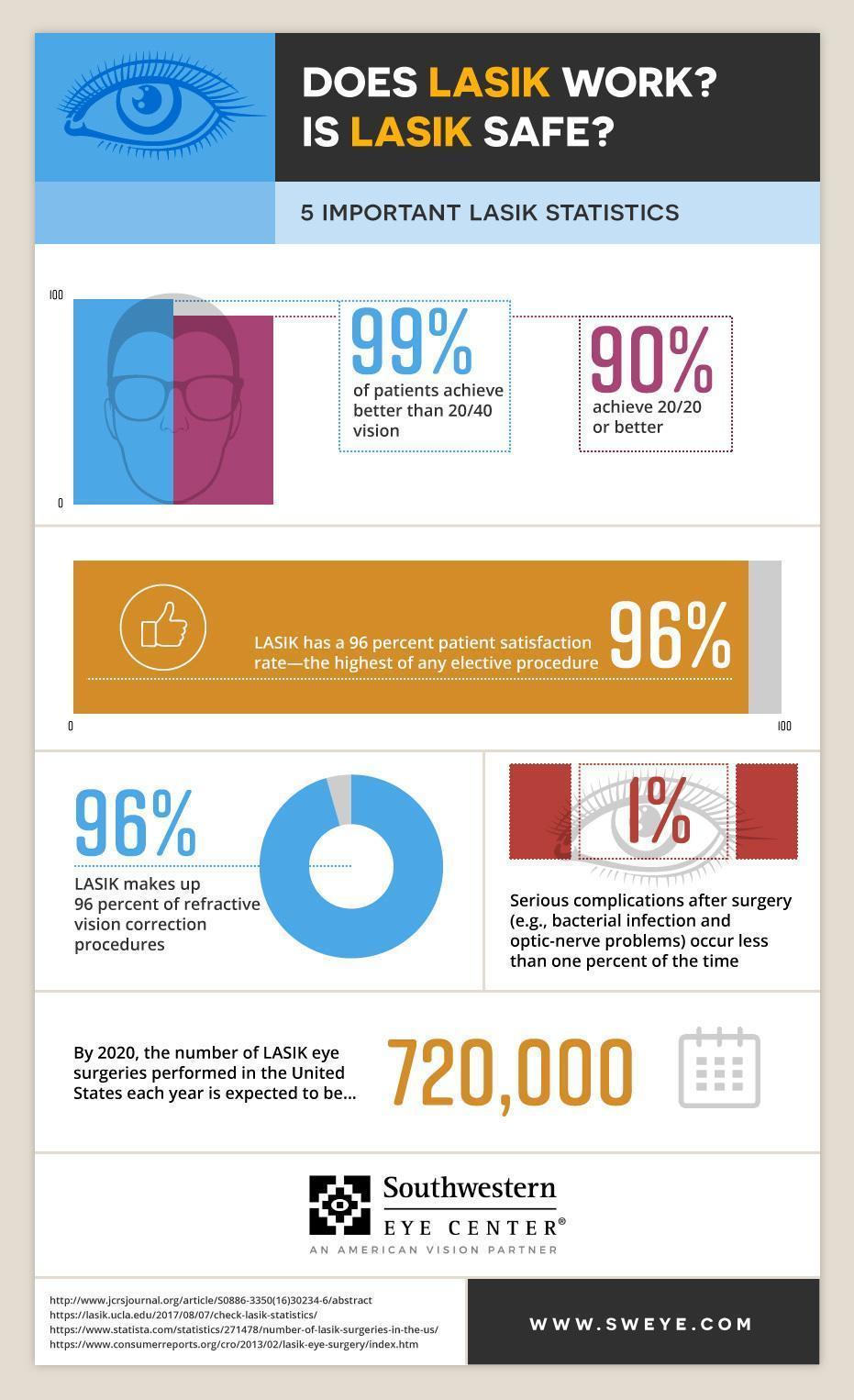The All-Inclusive Frequently Asked Question On Refractive Lens Exchange: Crucial Details You Required To Know
The All-Inclusive Frequently Asked Question On Refractive Lens Exchange: Crucial Details You Required To Know
Blog Article
Content By-Valencia Lorentzen
If you're considering refractive lens exchange, you most likely have a great deal of questions. This procedure could transform how you see the globe, supplying benefits like decreased dependancy on glasses. Nevertheless, just click the following webpage to understand the process, dangers, and who certifies as a great candidate. Allow's check out these vital elements so you can make an informed choice about whether RLE is right for you.
What Is Refractive Lens Exchange and Exactly How Does It Function?
Refractive lens exchange (RLE) is an operation developed to change your eye's natural lens with an artificial one, fixing vision problems like nearsightedness, farsightedness, or presbyopia.
During the treatment, your specialist makes a small cut in the eye, eliminates your natural lens, and inserts an intraocular lens (IOL) customized to your vision needs. This outpatient surgery normally takes around 15 to thirty minutes per eye and is done under neighborhood anesthetic.
You'll likely notice improvements in your vision practically immediately, though total healing may take a couple of weeks. RLE is specifically beneficial for those over 40 or with high prescriptions, providing a resilient remedy compared to glasses or contact lenses.
Your eye care expert can aid determine if RLE is right for you.
What Are the Advantages and Dangers of Refractive Lens Exchange?
Selecting refractive lens exchange can bring about considerable renovations in your vision, however it's important to consider both the advantages and threats before making a decision.
On the bonus side, this treatment can boost your vision by dealing with concerns like presbyopia, nearsightedness, and hyperopia. Lots of individuals appreciate reduced dependence on glasses or contact lenses, which can considerably boost their quality of life.
However, https://www.ipwatchdog.com/2014/11/26/how-thanksgiving-leftovers-lead-to-the-invention-of-lasik/id=52188/ to think about prospective risks. Difficulties can consist of infection, glow, or halos around lights.
There's additionally an opportunity of overcorrection or undercorrection, which may require added procedures.
That Is a Suitable Candidate for Refractive Lens Exchange?
If you're considering refractive lens exchange, it is essential to understand whether you fit the account of an ideal prospect. Generally, you may be an excellent candidate if you're over 40, experience presbyopia, or have high degrees of nearsightedness or farsightedness.
It's additionally essential that your vision is secure, implying your prescription hasn't altered considerably in the past year. If you have cataracts or other eye problems, you might benefit from this procedure as well.
Nonetheless, certain elements, like unchecked diabetic issues or autoimmune diseases, can invalidate you. To identify your candidateship, speak with an eye care specialist that can evaluate your details scenario and suggest the most effective course of action customized to your demands.
Conclusion
To conclude, refractive lens exchange can be a transformative alternative for enhancing your vision, especially if you're over 40 or have a high prescription. While the benefits are substantial, it's vital to consider the risks and speak with your eye care expert to figure out if you're a perfect candidate. With the right details and advice, you can make an educated choice and potentially enjoy a life with reduced dependancy on glasses.
